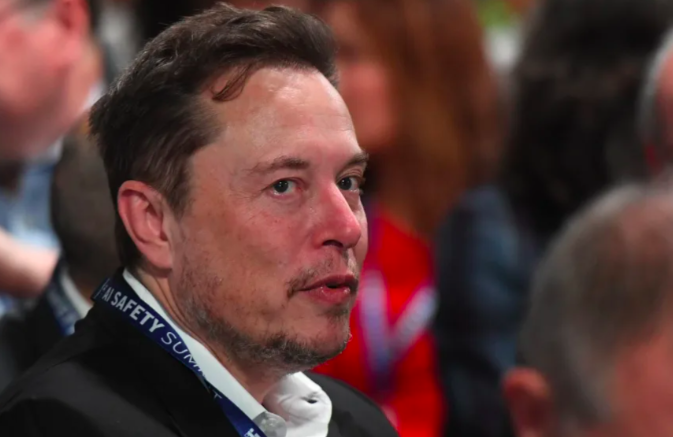Elon Musk has issued a warning that he would prefer to develop AI products outside of Tesla Inc. if he fails to attain a 25% voting control, indicating his desire for a more substantial stake in the world’s leading electric vehicle manufacturer.
As Tesla’s largest shareholder, holding over 12% of the company, Musk responded to a social media inquiry about his need for another significant compensation package for motivation. He explained that the absence of a new plan was due to an ongoing shareholder lawsuit against a previous $55 billion package, an unprecedented amount at the time, awaiting a verdict.
Musk contended on the X platform that Tesla operates as a conglomerate of a dozen startups. He urged a comparison between Tesla and traditional auto industry leader General Motors Corp. Beyond electric vehicles, Tesla is engaged in developing the Optimus robot and has showcased improvements to the humanoid prototype in a recent video. The company is also investing over $1 billion in its Dojo supercomputer project, expected to enhance the machine-learning models powering Tesla’s self-driving systems.
During Tesla’s AI Day in 2021, Musk emphasized the company’s prowess beyond electric cars, positioning itself as a leader in real-world AI. However, he expressed discomfort with growing Tesla’s leadership in AI and robotics without securing approximately 25% voting control. Musk stated on X, “If I have 25%, it means I am influential, but can be overridden if twice as many shareholders vote against me vs for me.” He highlighted concerns about a takeover by dubious interests if his control were at 15% or lower.
Musk indicated openness to a dual-class voting structure but noted it was deemed impossible post-IPO in Delaware. Tesla shares, after more than doubling in 2023, have declined by 12% this year, erasing over $94 billion in market value.
Facing shareholder dissatisfaction on various fronts, from succession planning to allegations of distraction due to his involvement with X (formerly Twitter), Musk is navigating challenges. Tesla has also confronted negative developments, including Hertz Global Holdings Inc.’s EV strategy reversal, price cuts in China, and indications of rising labor costs.
Daniel Kollar, head of consultancy Intralink’s automotive and mobility practice, questioned Tesla’s identity, pondering whether it is a car, energy, or AI company. He commented, “If it’s not an AI company, then I don’t see an issue establishing a new company. That said, I don’t see his behavior or choice of language benefiting any of his companies now.”

